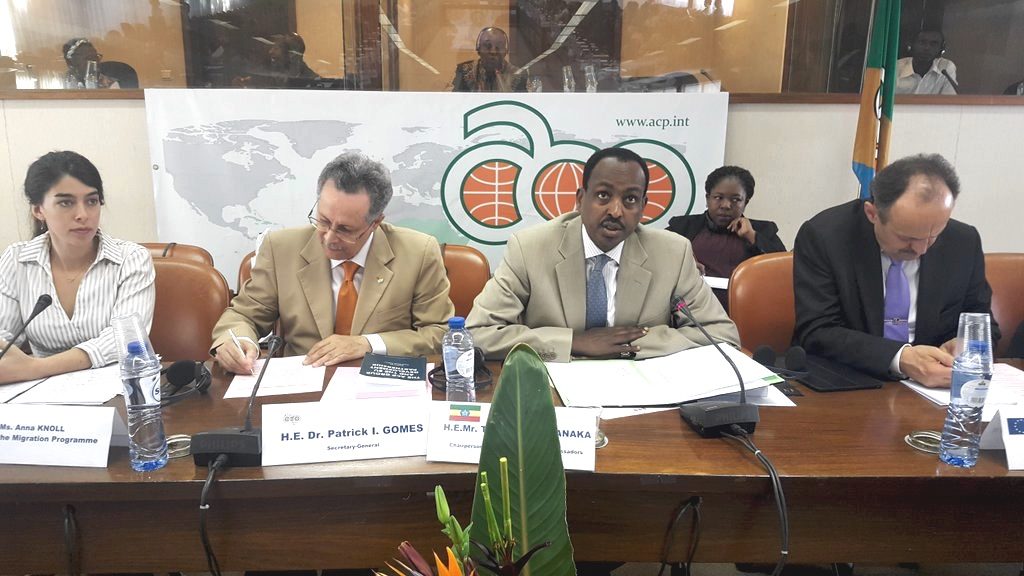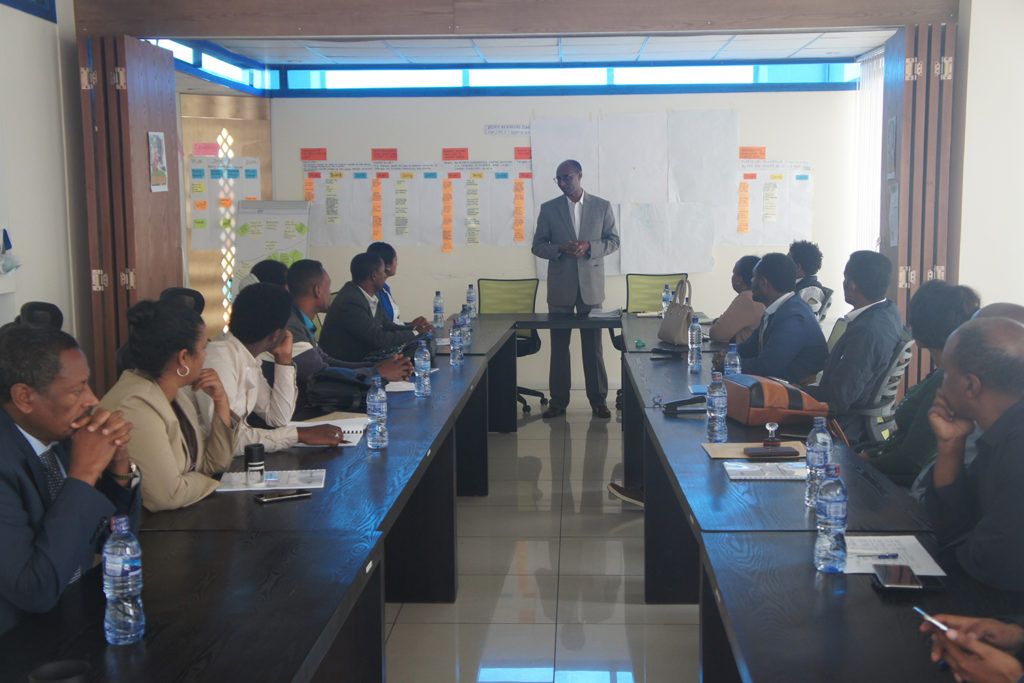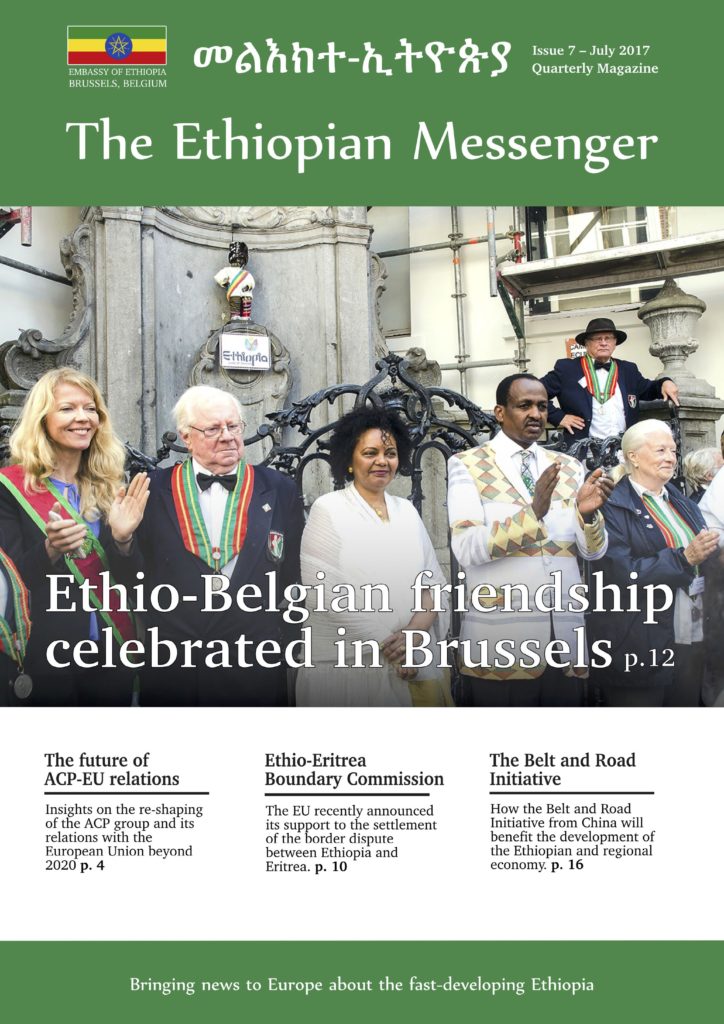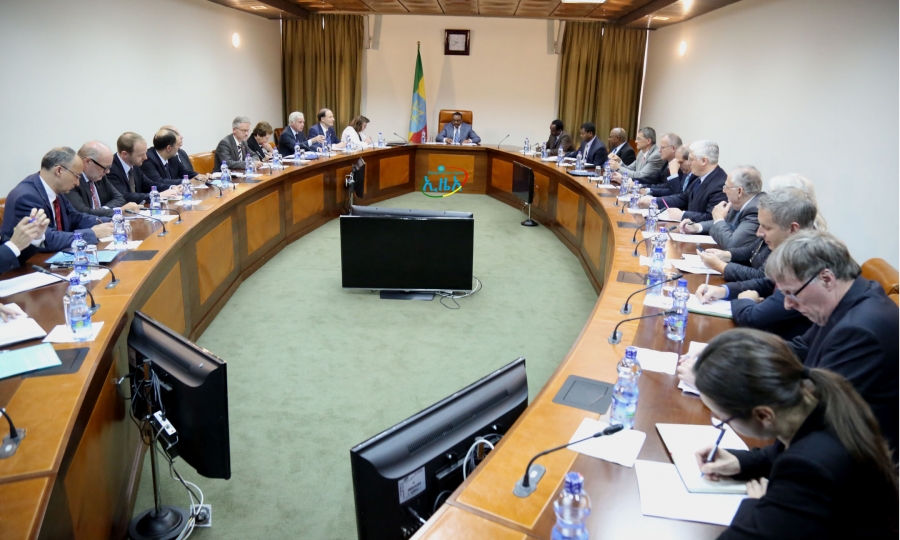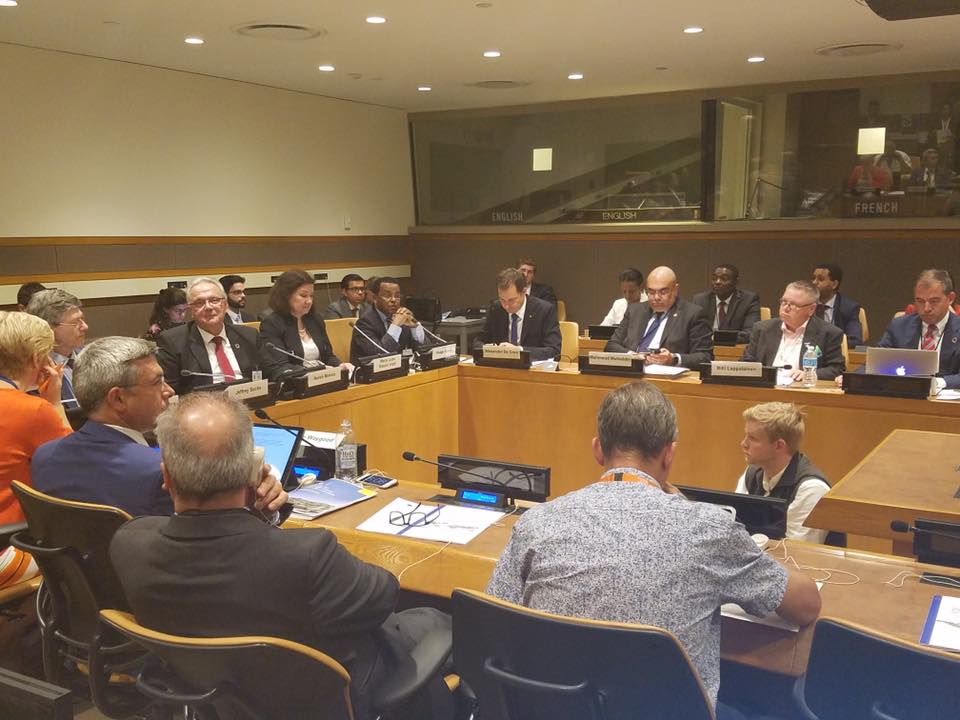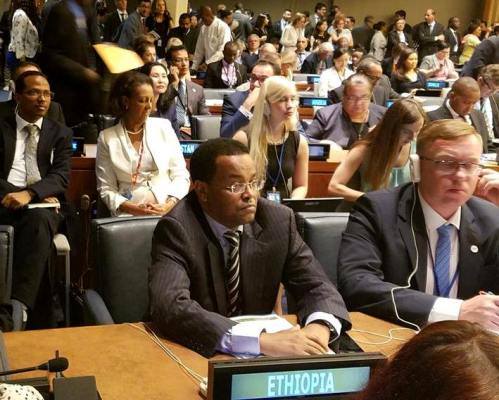An article from A Week in the Horn, issue of 4 August 2017 (link)
As part of the current political reform agenda, the government of Ethiopia is continuing its comprehensive anti-corruption drive, taking concrete measures and steps to root out officials involved in corruption and abuse of power at different levels of leadership throughout the administration. In addition to the arrest of government officials, the latest anti-corruption measures have targeted businesses and brokers involved in corruption. The latest steps in the anti-corruption drive have involved the arrest of a total of 48 government officials, business people and brokers suspected of corruption during the last week. The campaign headed by the newly established Federal Police Investigation Office, operating under the Federal Police Commission, has spearheaded and expedited the anti-corruption drive to hold government officials involved in corruption accountable. Overall, the campaign has so far meant the arrest and prosecution of hundreds of officials since January 2017.
The Federal Police Investigation Office is specifically tasked with the responsibility of investigating special corruption cases, and is mandated to investigate individuals and organizations suspected of engaging in corruption. To carry out its investigation, the Office has deployed information technology mechanisms to allow participation of the public generally through whistle blowing where appropriate or through the provision of information to tip-off investigators about possible corruption. The Office has the considerable objective of reining in corruption as well as encouraging and deepening transparency throughout the government bureaucracy while conducting public business.
According to Government Communication Minister, Dr. Negeri Lencho, the Government is determined to carry forward its anti-corruption drive to detain any officials and businesspeople or any others suspected of corruption. The Minister, speaking to journalists last week, noted that the battle against corruption and rent-seeking behavior was a central part of the government’s reform agenda. It has the objective of fostering a culture of transparency and accountability at all levels of leadership. Dr. Negeri, recalling that abuse of government position and power through theft and corruption, was a central element at the heart of the Government’s “deep reform” program that started in January, noted that the reform had successfully encouraged active public participation. And in order to accelerate this anti-corruption drive, the Minister urged the public to provide information on corrupt officials to the Democratic Centers that have been set up.
Getachew Ambaye, the Attorney-General, also speaking to journalists last week, detailed that 42 of the suspects had been arrested on suspicion of alleged embezzlement of 1.358 billion birr from the Federal Roads Authority; 1.21 billion birr from the Ethiopian Sugar Corporation; 1.1 billion birr from the Ministry of Finance and Economic Cooperation; and over 41 million birr from the Addis Ababa housing development project office. Additional suspects were from the Tendaho Sugar Factory and the Ethiopian Roads Construction Corporation. The Attorney-General revealed that the government took these measures based on the basis of reports from the offices of the Federal and the Addis Ababa City Auditor-Generals, from tips collected from employees and from the public. A study undertaken by the Government had also provided further evidence for the measures taken, he said.
These arrests are a part of the Government’s wide-ranging anti-corruption effort to build a clean government responsive to the needs and aspirations of the people as well as provide good governance and control corruption and other mal-administrative practices. The campaign is also aimed to add further momentum to the continued growth of the country’s economy by addressing the misconduct of government officials who have pursued their own benefit by taking personal advantage from pro-poor Government programs. The campaign to deal with problems of corruption and inefficient governance will improve the country’s economic and social prospects by putting social justice, economic development, democratization and harmony at the center of its future trajectory
The strengthening of the anti-corruption drive along with other governmental steps for reform gives voice to the demands and questions raised by the public following the protests, disturbances and unrest witnessed last year in some parts of the country, and it also provides answers. The measures calling for good governance provide the opportunity to shape people-centric values in the government leadership structures and place a democratic culture at the center of administration and government. It also demonstrates that the loud calls for political reform made at the beginning of this fiscal year are now being given practical expression with the demands of the people at the forefront. The most recent development underlines the fresh impetus being given to replace bad governance, leadership inefficiency and official misconduct with real development-oriented action, efficient performance and an effective results-oriented public service.


